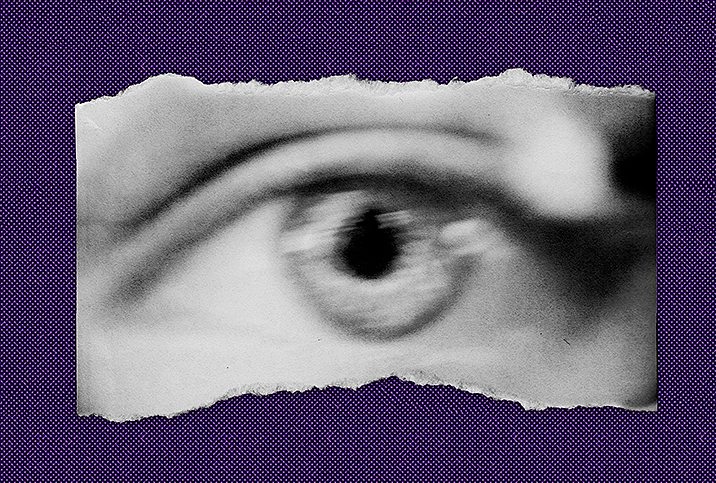How to Manage the Symptoms of PTSD

Also known as post-traumatic stress disorder, PTSD afflicts 3.5 percent of the population with around 9 percent of people suffering from it at some point in their life. Although known to disproportionately affect active military and veterans, anyone can suffer from PTSD due to a vast number of traumatic circumstances. Diagnosing the disorder is integral to overcoming it, and if you can identify the times and situations when you experience trauma responses, you may be able to learn how to control them.
1. Changes in mood and thought
Negative moods and thoughts are among the hallmarks of PTSD, often exacerbated by denial of the condition and brought on by certain triggers. Triggers vary by individual but are typically the result of a scenario similar to the one that caused the initial trauma.
The changes PTSD causes in thought and mood are similar to those of people who suffer from depression and may include:
- Feelings of hopelessness
- Lack of excitement or joy in hobbies or other activities you used to love
- Emotional paralysis
- Problems with memory, especially involving the initial trauma
To overcome these issues, you must first identify them at the moment of onset. Once you've begun to identify patterns, you can find an outlet to manage the negativity. Some ideas are writing in a journal, meditation, deep breathing or calling a family member or friend.
2. Nightmares or night terrors
According to PTSD UK, a UK-based charity for PTSD sufferers, victims of PTSD can suffer nightmares or night terrors with alarming regularity: over 56 percent compared to just 3 percent of the general population. This is due to a mix of rumination (repeating the trauma in your head) and catastrophizing (assuming the worst outcome of any given event).
Although the incidence of night terrors in PTSD sufferers is well-documented, how to avoid them is largely unknown. Most doctors suggest the same types of treatment that regular nightmare sufferers undergo, including:
- Eating a healthier diet
- Avoiding alcohol, especially later in the evening
- Blackout curtains to reduce light in the bedroom
Experimenting with each of these options may lead to the right mix of factors to reduce or alleviate nightmares.
3. Flashbacks
Although often sensationalized on television and film, flashbacks are nonetheless a common side effect of PTSD, especially for combat veterans. The intensity and regularity of flashbacks have not been well-researched, however, leading to gray areas and uncertainty among doctors and PTSD sufferers.
Flashbacks are most often brought on by experiencing the same sensations, perceptions or visualizations as the original event. Coping mechanisms for flashbacks focus on reminding yourself that you are safe and in the present moment. Some ideas are repeating a phrase or mantra assuring yourself that you're safe, carrying an object (such as a piece of jewelry) that reminds you of the present or using grounding techniques, such as describing what's around you.
4. Anxiety
Anxiety is one of the most common side effects of PTSD patients and one of the most dangerous because it frequently leads to self-medication with drugs and alcohol. Much as with negative thoughts and moods, the identification of anxiety as it begins is a crucial factor in overcoming it.
Deep breathing and mindfulness are two of the best ways to cope with PTSD-induced anxiety. Longer-term approaches can also work. Picking up a new hobby, learning to distract yourself or expressive writing have all been proven to beat anxiety.
In some cases, the anxiety may be too intense for sufferers to beat on their own. In these instances, a doctor might prescribe a mix of therapy and anti-anxiety medications to manage the condition on a deeper level.
Don't suffer alone
Overcoming the effects of PTSD is an uphill battle. Although it is up to you to learn to identify triggers and symptoms, there's a wide range of people available to help you after that point. If you need help at any time, call the Substance Abuse and Mental Health Services Administration at 1-800-662-HELP or the National Suicide Prevention Lifeline at 1-800-273-TALK for support. With the right mix of self-help and outside sources, you will be on your way to managing PTSD.


















